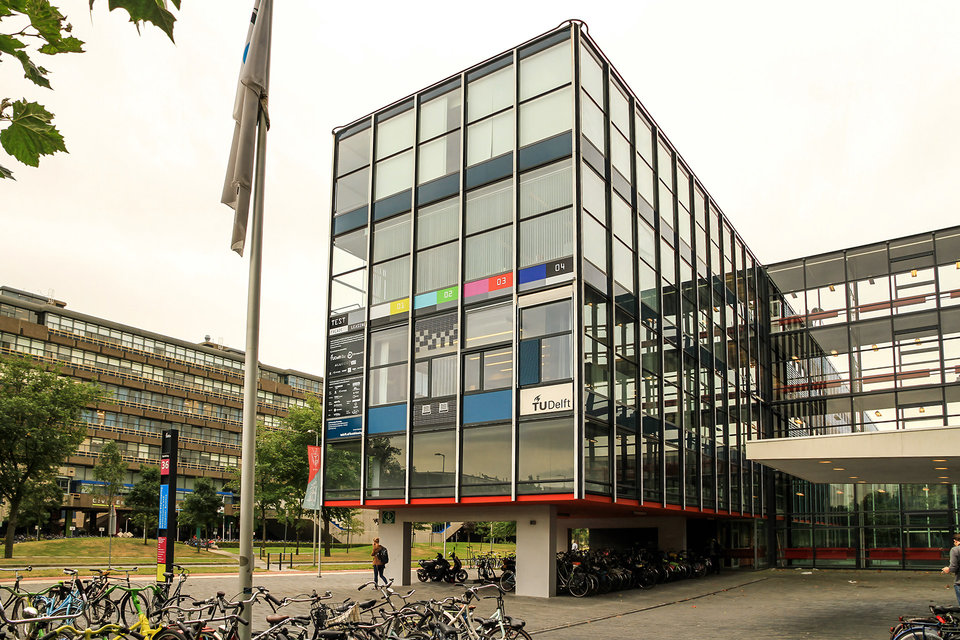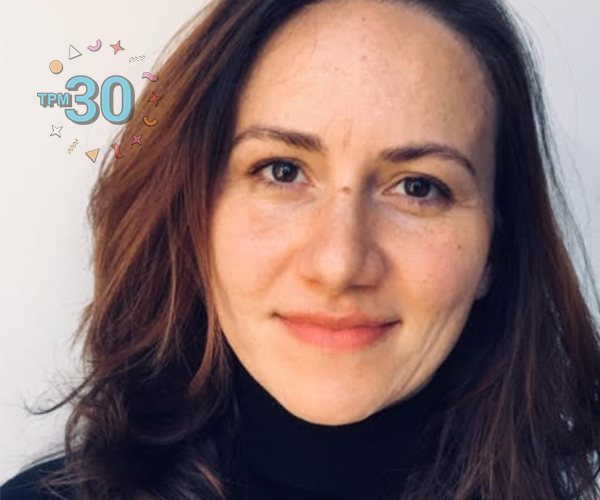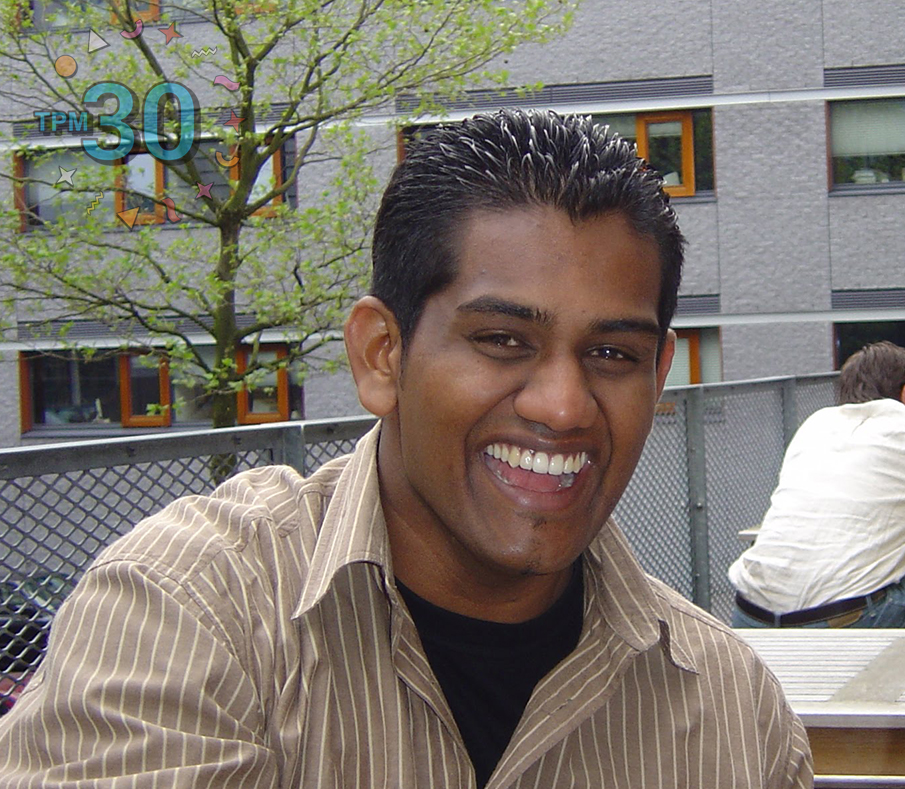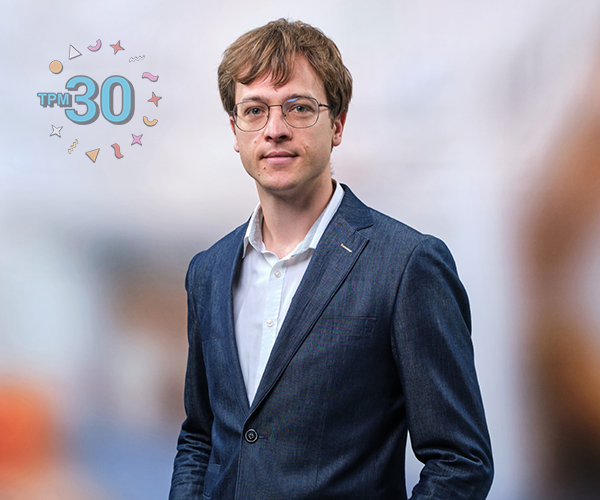Marnix Wagemaker
Professor and head of the section Storage of Electrochemical Energy (SEE) My interest is to develop fundamental understanding and improvement of electrochemical energy storage processes in these type of batteries. With my group I try to achieve this using a broad diversity of experimental probes, recently focusing on operando neutron and X-ray techniques and solid state NMR. With these techniques the aim is reveal the structural, morphological and kinetic properties of battery materials, often during battery (dis)charging, to uncover what limits the performance of next generation battery chemistries. This experimental approach is combined with (ab-initio) simulations from the atomic up to the mesoscopic scale of complete electrodes, both aiming at understanding of the complex interplay of processes, as well as to design new battery materials. The difficulty to investigate processes in batteries, in particular non-invasively and under realistic battery operation condition motivate me to develop experimental approaches using neutron, X-ray and NMR bases techniques. Examples of this are Operando Neutron Depth Profiling, able to determine the Li spatial distribution with high resolution in working electrodes and Micro beam synchrotron diffraction, opening up the possibility to monitor the individual structural transformation of many electrode particles in a battery electrode concurrently, making it possible to gain microscopic insight in what process limits the performance of batteries, the starting points of strategies to improve next generation batteries. Current projects include collaborations with commercial battery and battery material developers (direct collaborations and collaborations via the topsector and TTW domain of NWO) as well as fundamental research projects (NWO VICI, Materials for Sustainablity and JCER). These projects cover several battery types and chemistries, including: Improved Li-ion (high capacity cathodes and anodes) Solid state batteries (aiming at improved safety) Li-air (aiming at high energy densities) Na/Zn aqueous batteries (aiming at cheap static storage for renewables) Through my VICI project much momentum is gained in the development of operando experiments, using neutrons, micro-beam diffraction and solid state NMR as well as the development of calculation strategies towards processes in batteries (including DFT and phase field models), all aiming at better fundamental processes in next generation batteries. prof.dr.ir. M. Wagemaker (Marnix) Storage of Electrochemical Energy +31 (0)15 27 83800 m.wagemaker@tudelft.nl Mekelweg 15 2629 JB Delft The Netherlands Publications (PURE)










